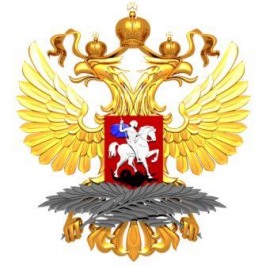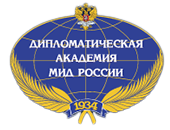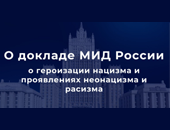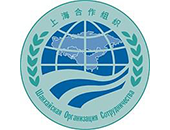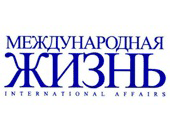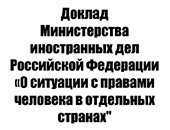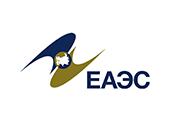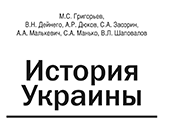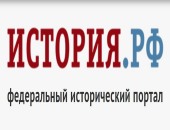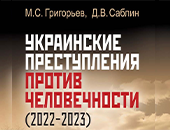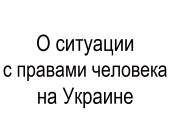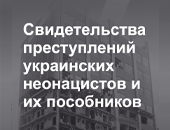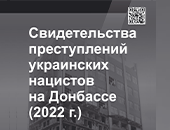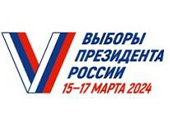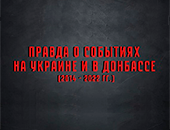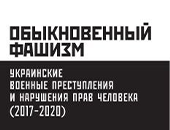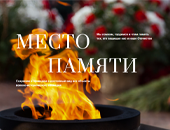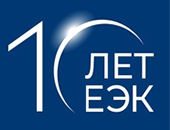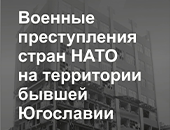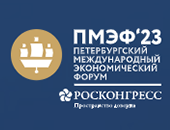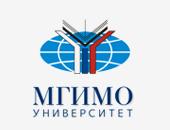Permanent Representative of the Russian Federation to the OSCE Alexander Lukashevich’s remarks on the persecution of journalists in Ukraine delivered at a meeting of the OSCE Permanent Council
Vienna, August 31, 2017
Mr Chairperson,
The issue of safety and persecution of journalists is becoming a big problem in Ukraine.
On August 30, Channel One correspondent Anna Kurbatova was detained in Kiev. Yelena Gitlyanskaya, press secretary of the Security Service of Ukraine (SBU), announced that the Russian journalist would be deported and “the same fate will befall everyone who dares to disgrace Ukraine.” This pretext is good for deporting anyone. This shameful decision has been condemned by OSCE Representative on Freedom of the Media Harlem Desir and the New York-based Committee to Protect Journalists.
On August 15, VGTRK special correspondent Tamara Nersesyan was deported from Kiev and prohibited from entering Ukraine for three years. They twisted her arms when detaining her. Nersesyan was not put on a train but taken to a border checkpoint at night and ordered to walk across the border. The Ukrainian security services accused her of being a “threat to the integrity of the Ukrainian state.”
Maria Knyazeva, a correspondent of the Rossiya 1 and Rossiya 24 television channels, was deported on July 26. The SBU accused Knyazeva of “destructive activities” that involved collecting information about the situation in the country and the work of the supreme authorities as well as security services. The SBU did not specify which part of her work was illegal. The journalist said that unidentified men grabbed her in the street, took her cell phone away, pushed her into a car and took her to a scantily lit room where they interrogated her for several hours. She was told that she “undermined the constitutional order and the image of Ukraine in the eyes of the international community.” After the interrogation, when it was already night, Knyazeva was taken to a checkpoint on the Russian-Ukrainian border.
In May 2017, Rossiya Segodnya photojournalist Ramil Sitdikov and two Komsomolskaya Pravda journalists were denied entry into Ukraine. Sitdikov was given a document according to which he was denied entry because he had no documents to prove the reason for traveling to Ukraine. Channel One and NTV journalists have been deported from Ukraine for filming nationalist torch marches. Journalists from the Life News broadcaster have been declared personae non gratae: the SBU detained the journalist together with his cameraman when they were polling Kiev residents. In December 2016, the Ukrainian government refused to issue accreditation to RIA Novosti journalists, citing a Verkhovna Rada resolution that allegedly denied permission to Russian journalists to attend parliament sessions.
Over the past two years, Kiev denied entry to Russian journalists on many occasions. This year alone, over 60 Russian media representatives were not allowed to enter Ukraine. In 2016, Kiev airport border guards refused to let VGTRK correspondent Darya Grigorova enter Ukraine, saying that she was denied entry for five years. They did not provide any reason for that decision, took her passport and left her to spend the night on a bench. In the morning, they took her to a room where she was issued a deportation document.
A year before all this, the Ukrainian authorities deported a VGTRK crew, including VGTRK correspondent Alexander Rogatkin. Journalist Alexander Balitsky was deported the same year after radical MP Oleg Lyashko attacked him in the Verkhovna Rada, calling him “a secret service agent.”
The Channel One staff spent several hours worrying about the fate of journalist Alexandra Cherepnina, who did not come in before a planned broadcast. The channel’s cameraman did not find her or her things in her flat. Cherepnina later called the channel to say that she had been detained by the SBU and charged with falsifying one of her video reports. The security service told Cherepnina that she would be unable to enter Ukraine for three years because she was trying to film a fake video that “discredited the Ukrainian government.”
Harassing the media, pressuring the press and attacks on and beatings of journalists in Ukraine have become a large-scale and everyday event to the extent that the Helsinki Commission in the US Congress issued a separate report on freedom of the media in Ukraine, saying that journalists who attempt to draw attention to violations committed by the Ukrainian armed forces or disagreed with the government’s policies, regularly faced pressure and threats.
Even Ukraine’s National Union of Journalists (NUJ) stated on August 31 that there was a surge in aggression against the media. According to the NUJ, the Ukrainian media community has criticised law enforcement agencies for their inability to effectively investigate crimes against journalists.
Inter TV was the first to face violence in the beginning of 2015. It was accused of working for the “aggressor,” which came down to broadcasting shows starring Russian show business stars. The plan was to punish the channel for this violation by suspending its license, but later it was simply burned. Balaclava-wearing militants set fire to the building, beat up employees, and kept them from leaving the flaming facility, forced to breathe carbon monoxide. The same scenario was used at Trade Unions House in Odessa the year before. Journalists compared the Inter fire to the Reichstag fire in Nazi Germany, after which mass reprisals against the opposition began. The lawlessness of the secret services is what Ukrainian journalists face if they do not work for the authorities.
On August 9, 2017, there were searches at Strana.ua and its employees’ homes. It is still unclear what the Security Service of Ukraine (SSU) was looking for. A month ago, 1+1 TV journalist Natalya Nagornaya was beaten by police solely because she was filming a checkpoint. In the same way, the SSU suspended the accreditation of Gromadske TV journalists Anastasia Stanko and Konstantin Rebutsky in 2016 for a story that allegedly identified Ukrainian army positions.
Kiev regularly imposes sanctions on journalists from other countries. In April 2016, four correspondents from the Mir International TV and Radio Company, Belarusian citizens, were prevented from entering Ukraine because they wanted to shoot a film dedicated to an anniversary of the Chernobyl disaster. The same year, they barred entry to German journalist Saadi Isaakov, who wanted to travel to Odessa. In 2015, Ukrainian President Petr Poroshenko issued an executive order putting into force the decision by the Council of National Security and Defence on sanctions against 34 journalists and 7 bloggers from Russia, Kazakhstan, Germany, Israel, Spain, Switzerland, the UK, and other countries.
In May of this year, it was reported that Kiev had extended the sanctions lists for foreign companies and nationals, which were published in the Supplement to President Poroshenko’s executive order. Now there are 1,228 persons and 486 legal entities on the lists. In particular, Ukraine has introduced sanctions against a number of Russian media outlets and barred access to VKontaskte and Odnoklassniki social media, as well as Yandex and Mail.ru services.
Mirotvorets (Peacemaker), the notorious Ukrainian web resource, regularly posts the personal data of Russian and foreign reporters who visit Crimea and Donbass. They receive threats. The OSCE’s Representative on Freedom of the Media Dunja Mijatović has described the publicising of this information as an “alarming step” that could jeopardize journalists’ safety even further. In the meantime, Commissioner for Human Rights in Ukraine Valeriya Lutkovskaya has appealed in vain to the Verkhovna Rada for years to hold parliamentary hearings on the safety of journalists.
That said, there is nothing surprising about this attitude towards journalists. The Kiev regime supports intolerance for any opinion other than its own, while the so-called patriotic activists are always on hand to deal with dissenters.
In Ukraine, journalists are exposed to direct danger: the Ukrainian army killed VGTRK employees Anton Voloshin and Igor Kornelyuk, Channel One cameraman Anatoly Klyan, Italian journalist Andrea Rocchelli and his interpreter Andrei Mironov, and Rossiya Segodnya photojournalist Andrey Stenin. In all, over two dozen journalists have been killed in Ukraine in the last three years.
A number of human rights organisations have repeatedly criticised the repressions against journalists in Ukraine. The Committee to Protect Journalists has denounced the persecution of reporters in Ukraine and called on the authorities to provide conditions for free and independent journalistic activity. OSCE Representative on Freedom of the Media Harlem Désir recently urged Kiev to respect the work of foreign journalists. But judging by all appearances, the Ukrainian authorities are not going to change their Draconian policy. Thus, all talk of “European choice” and democratic values in present-day Ukraine only evokes skepticism.
We have repeatedly brought up this subject at Permanent Council meetings. Once again, we call on Ukraine to stop its gross violations of journalist rights committed under the far-fetched pretext of fighting propaganda. It is time to face the truth: things have gone too far. And it is time to admit this, not only in Kiev but also in Washington and Brussels, its patrons.
Thank you for your time.





